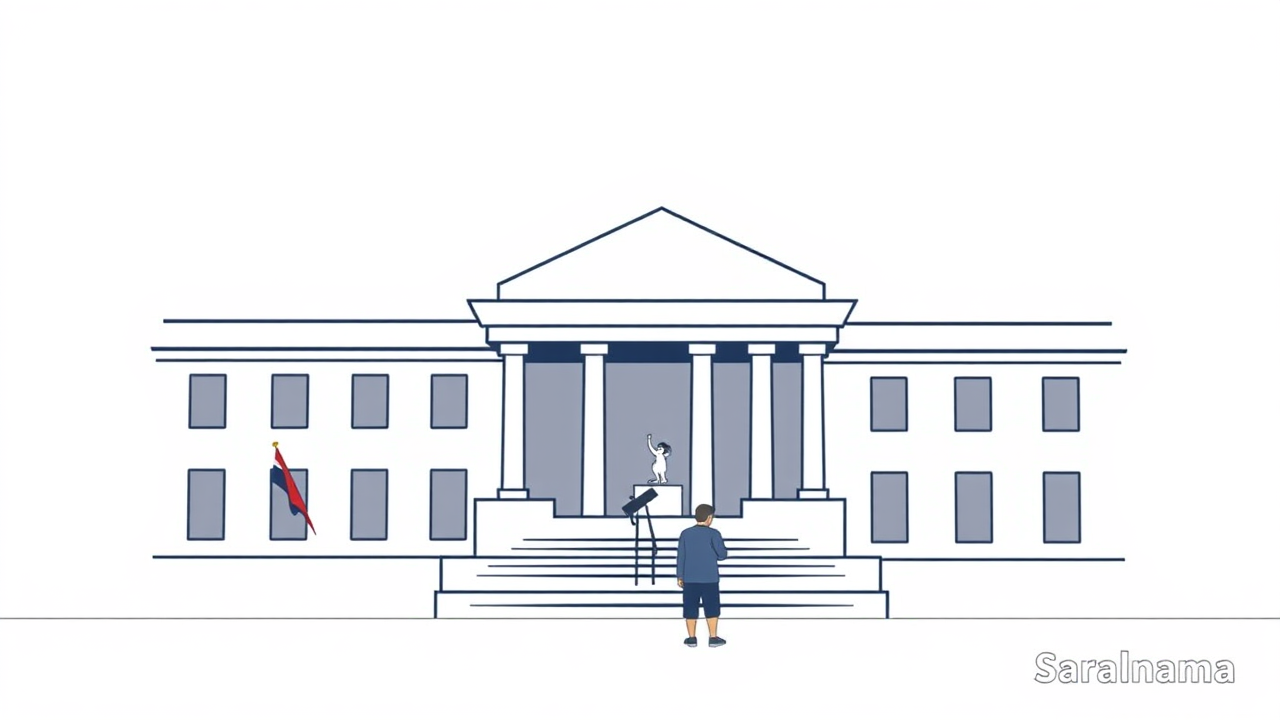India's current affairs highlight significant legal, technological, and social developments, including Supreme Court decisions, government policies on digital rights, and emerging workforce challenges.

Supreme Court Acquits Surendra Koli in Nithari Killings Case
The Supreme Court made a landmark decision by fully acquitting Surendra Koli in the Nithari killings case. After being convicted in 13 criminal cases originally, Koli was released following judicial review that discredited previous evidence. The case, which shocked the nation in 2006, involved skeletal remains of children discovered near a Noida residence where Koli worked as a domestic help. Both Koli and his employer Moninder Singh Pandher were initially arrested, but successive court rulings progressively dismantled the prosecution's case. The bench, led by Chief Justice Bhushan R Gavai, noted that Koli's confession and evidence had been judicially discredited in companion cases, making his final conviction unsustainable.
Government Explores Humane Alternatives to Capital Punishment
The Union government informed the Supreme Court that it is actively examining alternative methods of execution beyond hanging. Attorney General R Venkataramani indicated ongoing deliberations about potentially more humane execution techniques, though no final decision has been made. The case stems from a petition challenging the mandatory hanging provision in criminal procedure codes. The petitioner argues that hanging is archaic and violates human dignity, pointing out that over 40 countries have adopted less torturous methods like lethal injection. The government previously maintained that hanging remains the 'safest and quickest' method, expressing concerns that making executions too comfortable might diminish their deterrent effect.
New Digital Rights Protocol for Non-Consensual Intimate Images
The Ministry of Electronics and Information Technology has introduced stringent Standard Operating Procedures (SOPs) for removing non-consensual intimate images online. These guidelines mandate that social media platforms and online intermediaries must remove flagged content within 24 hours of receiving a complaint. The SOPs draw from multiple legal frameworks including the Information Technology Act and recent legislation like the Bhartiya Nyaya Sanhita. Platforms are required to not only remove content quickly but also deploy advanced technologies like crawler systems to proactively detect and prevent re-uploads. They must generate unique digital fingerprints (hashes) of reported images and share them through the Sahyog Portal to create a comprehensive prevention mechanism.
David Szalay Wins Prestigious Booker Prize for 'Flesh'
Canadian-Hungarian-British writer David Szalay has won the Booker Prize for his novel 'Flesh', a compelling narrative about social mobility and life's complexities. The £50,000 literary award was decided unanimously by a judging panel including notable figures like Roddy Doyle and Sarah Jessica Parker. Szalay's book traces the life of Istvan, a working-class Hungarian who navigates through different social strata, from struggling immigrant to London high-society member. The judges particularly appreciated the novel's focus on an often-overlooked demographic: the working-class male protagonist. Szalay wrote the book under pressure after abandoning a previous four-year project, demonstrating remarkable creative resilience.
Gig Workers Face Uncertain Employment Landscape
The Indian job market is experiencing significant volatility for gig and temporary workers following the festive season. Staffing agencies predict an unusually large talent pool with reduced employment opportunities. According to Neeti Sharma from TeamLease Digital, barely 5-10% of temporary staff will be retained by their current employers. The market anticipates a 15-20% drop in worker remuneration. Companies hired approximately 20% more temporary workers in 2025 compared to the previous year, driven by anticipated demand after a shorter summer season. However, the post-festive period reveals the precarious nature of gig work, with workers facing potential job insecurity and reduced compensation.
Women's Political Representation Remains Critical Challenge
Recent judicial observations highlight the continuing gender representation gap in Indian political institutions. Justice BV Nagarathna emphasized that women, constituting almost 48% of the population, remain significantly underrepresented in public bodies. Current statistics reveal that women occupy only 14% of parliamentary seats, compared to the global average of 27%. The Women's Reservation Bill promises one-third of legislative seats for women, but implementation is tied to future constituency delimitation expected around 2027. Political parties are increasingly recognizing women as a potential vote bank, with some like BJD and Trinamool Congress already fielding more female candidates. However, substantial systemic changes are still required to achieve meaningful gender parity in governance.
Source: Link
